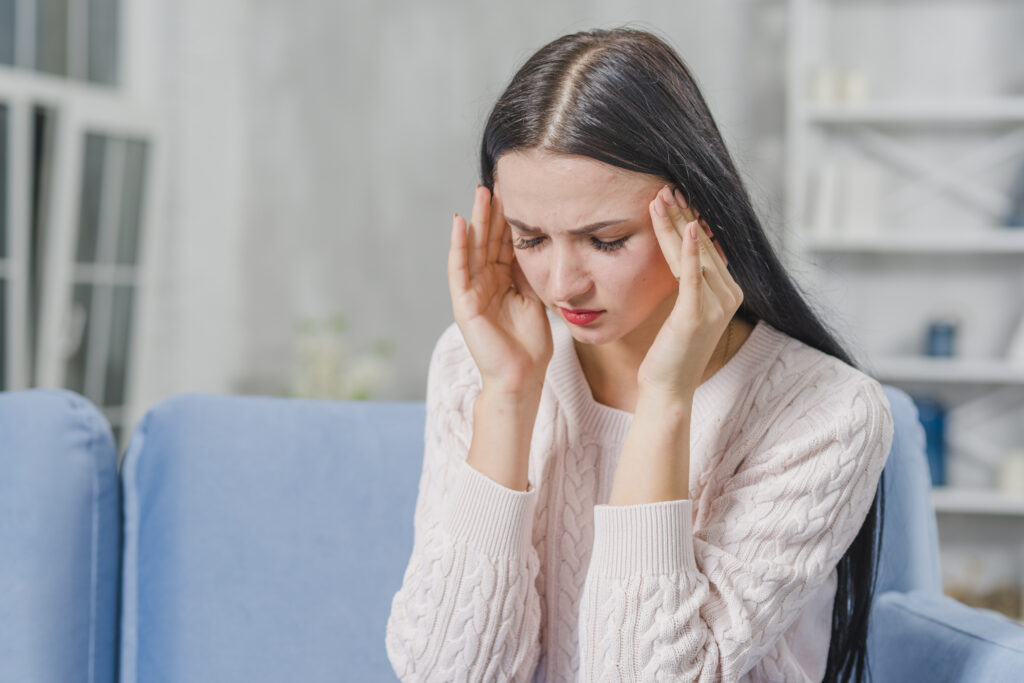Dizziness is a common condition that affects millions of people worldwide. It is characterized by a sensation of lightheadedness, faintness, or spinning, and can be accompanied by other symptoms such as nausea, vomiting, and balance problems. In this blog post, we will explore the causes of dizziness, its symptoms, and the available treatments.
Causes or Reasons for Dizziness
Dizziness can be caused by a wide range of factors, including:
- Inner Ear Disorders: The inner ear is responsible for balance and spatial orientation. Disorders of the inner ear, such as Meniere’s disease, vestibular neuritis, and labyrinthitis, can cause dizziness.
- Dehydration: Dehydration can cause a drop in blood pressure, leading to dizziness.
- Medications: Certain medications can cause dizziness as a side effect. These include blood pressure medications, antidepressants, and antipsychotics.
- Low Blood Sugar: Low blood sugar levels can cause dizziness, especially in people with diabetes.
- Anxiety: Anxiety and panic attacks can cause dizziness due to hyperventilation and changes in blood flow.
- Migraine: Migraine headaches can cause dizziness, especially if accompanied by visual disturbances.
- Cardiovascular Disorders: Cardiovascular disorders such as heart attack, stroke, and arrhythmias can cause dizziness.
Can Dizziness be a Sign of Eye Problems?
Yes, dizziness can be a sign of eye problems. Vision problems such as nearsightedness, farsightedness, and astigmatism can cause dizziness, especially if left untreated. Eye strain and fatigue can also cause dizziness.
Dizziness Treatment and Medication
The treatment of dizziness depends on the underlying cause. If the cause is an inner ear disorder, treatment may involve vestibular rehabilitation, which is a form of physical therapy that helps to retrain the brain to interpret signals from the inner ear. Medications such as antihistamines, benzodiazepines, and antiemetics may also be prescribed to manage symptoms.
If the cause of dizziness is anxiety or panic attacks, therapy and medication may be prescribed to manage the symptoms. Lifestyle changes such as reducing caffeine and alcohol intake, getting enough sleep, and practicing relaxation techniques can also be helpful.
How to Cure Vertigo Permanently
Vertigo is a type of dizziness that is characterized by a spinning sensation. It is often caused by a problem with the inner ear. While there is no cure for vertigo, there are ways to manage the symptoms and reduce the frequency of episodes.
One effective treatment for vertigo is vestibular rehabilitation. This form of physical therapy helps to retrain the brain to interpret signals from the inner ear. In some cases, surgery may be required to correct a problem with the inner ear.
Medications such as antihistamines, benzodiazepines, and antiemetics may also be prescribed to manage symptoms of vertigo. Lifestyle changes such as reducing caffeine and alcohol intake, getting enough sleep, and practicing relaxation techniques can also be helpful.
Conclusion
Dizziness is a common condition that can be caused by a wide range of factors. It can be accompanied by other symptoms such as nausea, vomiting, and balance problems. Treatment for dizziness depends on the underlying cause and may involve medications, physical therapy, or lifestyle changes. If you experience dizziness, it is important to consult with your healthcare provider to determine the underlying cause and receive appropriate treatment.









